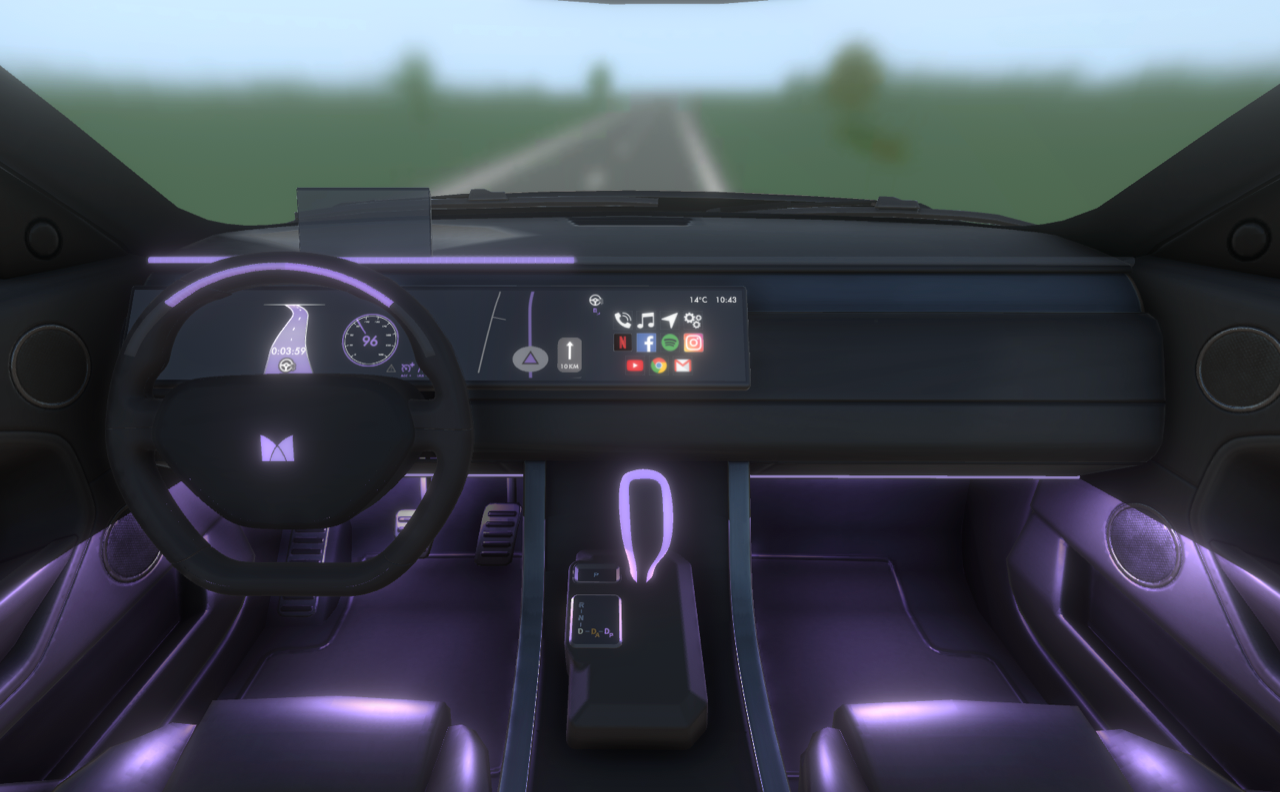Delft University of Technology is the oldest, largest and most comprehensive University of Technology in The Netherlands with an excellent reputation in international rankings. The University employs over 5,000 staff members, and has a student population of more than 25,000 students at 8 different Faculties. Involved are 3 departments from 3 different Faculties:
- Industrial Design (IDE): design research and cognitive ergonomics
- Transport & Planning (CiTG): traffic simulation, traffic safety
- Software Technology (EWI): algorithms for automated assistance
Elmer D. van Grondelle, Associate Professor at Delft University of Technology:
"Our role in the project is the design of the HMI i.e., the interaction between the vehicle and the driver. Obviously, while we are the lead designer, we have regular interaction with project partners in e.g., workshops, to address specific parts of HMI tasks or design.
Our faculty of industrial design has the mobility domain designated as strategic. What we gain out of the project is learning at all levels of which a designer must have fundamental understanding i.e., context level, system level and product level. Only then, can a designer take responsibility for a product’s future reason of being. For automotive design this is even more pressing because autonomous driving is one of our key challenges and literally makes the vehicle part of a system. At the same time our rational objectives (safety, sustainability) and the irrationality, for lack of a better word, in which the automotive industry has its reason of being, is a huge and therefore worthwhile challenge. Thus, the acquired knowledge in MEDIATOR helps us to strategize not only mobility education, but also research. Another benefit is the consortium itself, that may cease to exist once the project ends but will leave long term relationships behind.
There is always a risk if your endeavour is embedded in the unknown and at the same time promises the unknown;
On a product level because the vehicle technology is yet to be developed, on a system level because the system isn’t there yet to be developed in synthesis with the product, and at a context level because if you change a system you change human behaviour within that system."



